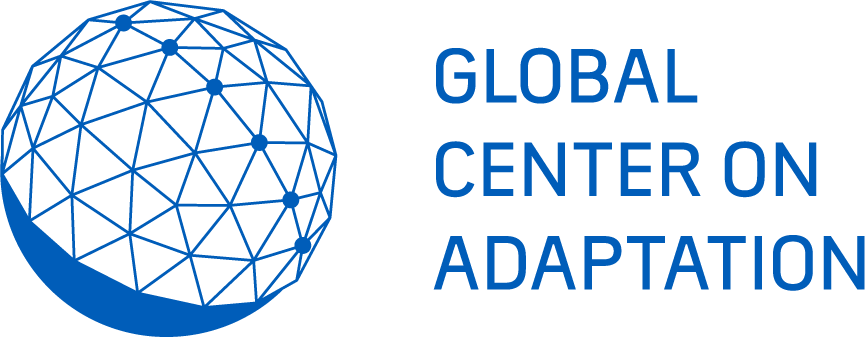Description
TCX is a currency hedging solution that addresses two major financing barriers to energy investment in developing countries—currency risk and interest risk—by enabling investors to lock-in long-term finance in local currencies. TCX provides long-term fixed- and inflation-linked cross-currency swaps and interest rate swaps for climate investors, drawing on counterparties to improve leverage and contribute to long-term market development. This solution can help unlock further financing required for investing in resilient projects.
Stage of Implementation
Since launching in 2013, TCX has de-risked nearly USD 8.4 billion of external lending in emerging and frontier countries across 70 currencies and has contributed to market development by selling USD 1.5 billion of currency risk to international investors. Sub-Saharan Africa was the second most active region in 2020, accounting for 19% of de-risked finance (USD 187 million) across 18 countries. TCX also sold currency risk via the issuance and hedging of offshore local currency bonds in four countries in 2020.
Actors Involved
- Domestic and foreign institutional investors: Investors can benefit from the currency hedging solutions provided by TCX when investing in markets where commercial banks and other providers do not cover local currencies or long-term maturities. Investors may also purchase currency risk directly from TCX or through local currency bonds.
- Governments: Governments can participate as donors and investors to help increase coverage and improve leverage for the instrument. The German and Dutch government have provided support for TCX in the form of subordinated convertible debt and a first loss loan.
- Microfinance and impact investors: Microfinance and impact-oriented investors can become shareholders in TCX and offer currency solutions for inclusive finance institutions. Currently five privately managed microfinance investment vehicles are involved in TCX as shareholders and counterparties.
- Development finance institutions: DFIs can play a key role in de-risking this instrument by providing partial guarantees and leverage for a portfolio of cross-currency and interest rate swaps. 13 multilateral and bilateral DFIs are currently investors in TCX. The IFC has been a key collaboration partner by taking on credit risk as a triple-A rated counterparty, offering currency swaps and local currency loan products for clients.
Criteria
- Capital markets in the early phase of development: The instrument’s core additionality is through the provision of local currency lending solutions in markets where local hedging markets are nascent or do not yet exist. However, certain preconditions are required for a functioning market, such as a basic legal and institutional framework, policy coherence, and an effective regulator.
- Availability of counterparties with strong credit ratings: As the swap provider, TCX is unable to take on credit risk and needs counterparties with strong credit rating to offer financial products that utilize TCX’s solutions. Highly rated institutions such as DFIs or microfinance investment vehicles can take on this credit risk and connect TCX solutions to clients and institutions that target the most vulnerable communities.
- Strong pipeline of SMEs, renewable energy, and infrastructure projects: Around 70% of TCX supported financing in 2020 was in the microfinance and SME finance sectors, while infrastructure and renewable energy projects represented around 6%.
Applicable Countries
TCX is already an active market player in Africa, having supported transactions in 20 countries across the continent in 2020, 18 of them in Sub-Saharan Africa (Algeria, Tunisia, Niger, Burkina Faso, Nigeria, Cameroon, Cote d’Ivoire, Senegal, Sierra Leone, Ghana, Benin, Uganda, Kenya, Rwanda, Tanzania, Malawi, Zambia, Mozambique, Madagascar, South Africa). Its solutions could be further applied in countries at the early stages of capital market development.


